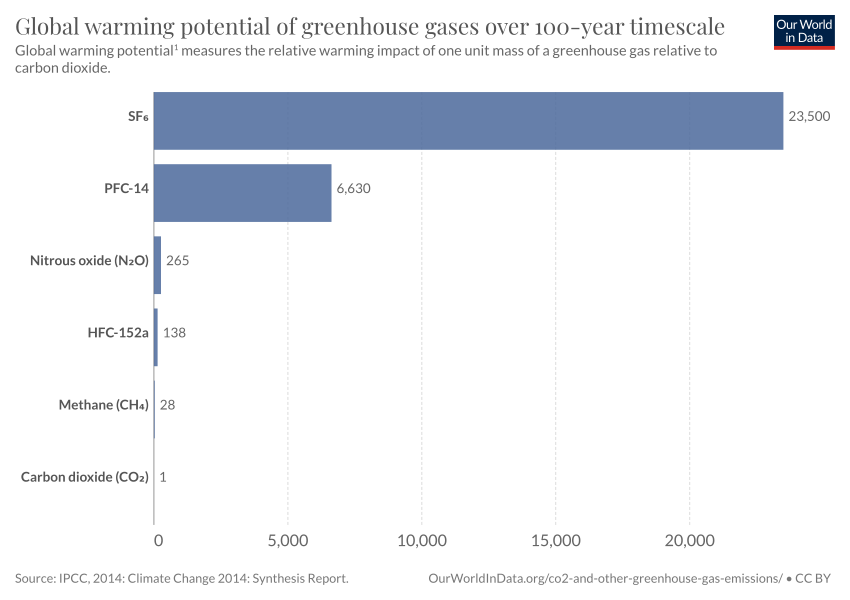The United States is slowly reducing its planet-warming pollution, but not quickly
enough to meet the country’s target of keeping global warming to 1.5 degrees Celsius,
beyond which scientists warn that life on Earth will struggle. This is according to the
Fifth National Climate Assessment, a congressionally mandated report that’s due every
five years. Conclusions from this report come after slashing fossil fuel use, but, apparently,
it isn’t fast enough; every fraction of a degree of warming leads to more severe
impacts.
enough to meet the country’s target of keeping global warming to 1.5 degrees Celsius,
beyond which scientists warn that life on Earth will struggle. This is according to the
Fifth National Climate Assessment, a congressionally mandated report that’s due every
five years. Conclusions from this report come after slashing fossil fuel use, but, apparently,
it isn’t fast enough; every fraction of a degree of warming leads to more severe
impacts.
It was found that there was a 12% decrease in greenhouse gas emissions from
2005 to 2019. This is a result of employing more renewable energy and methane gas,
while reducing the use of coal. The analysis showed that emissions would need to
drastically drop by 6% a year in order to meet the US 1.5 degrees target.
On November 14th, President Joe Biden is expected to reveal more than $6
billion in funding for climate resilience by “Bolstering America’s electric grid, investing in
water infrastructure upgrades, reducing flood risk to communities, and advancing
environmental justice for all,” according to an administration official.
The study concluded that nowhere in the United States is safe from climate
change. Scientists can definitively demonstrate from this report how natural disasters,
like hurricanes, droughts, heatwaves, are impacted by climate change. While
catastrophes like these cannot be directly caused by climate change, it can impact them.
More violent storms and fluctuations in precipitation have started to occur in states like
California, Florida, Texas, and Louisiana. Significant flooding has occurred in West
Virginia and Kentucky, two other Appalachian states. All these weather extremes,
exacerbated by climate change, are clear signals on how American land is being
affected.
The economy has also been impacted by, and is slowing down,
 due to climate
due to climatechange. If attempts to mitigate climate change fail, this can cost the US economy tens
of trillions of dollars over the next few decades due to compounding impacts of slow
growth.
Another important finding from this study is that certain regions of the country will
experience severe drought, increased flooding, less snowpack, and sea level rise, all of
which pose serious risks to populations in the Southwest. According to Dave White, a
climate scientist at Arizona State University, the area saw less precipitation between
1991 and 2020 than it did thirty years prior. Given how quickly the earth is warming, this
is a serious and concerning indicator. “Mountains are our natural reservoirs in the
region,” White told CNN. “Climate impacts on that mountain snowpack have really
significant negative effects for the way our infrastructure operates. It’s just critical for us
to protect those resources.”
The Fifth National Assessment holds great significance; it provides a summary of
the effects that climate change has had on the United States over time. Redesigning
cities and structures to manage heat is one way that people might adjust to some of the
already locked-in climate changes. We have the ability to relocate water-intensive
enterprises to places with less risk of flooding and to align future housing development
with predicted patterns of rainfall. According to the research, taking adaptive measures
can have positive effects on the economy, jobs, health, and ecology. Although there is
no doubt that solving the climate catastrophe will not be simple, we are gradually
moving towards the right path.
enterprises to places with less risk of flooding and to align future housing development
with predicted patterns of rainfall. According to the research, taking adaptive measures
can have positive effects on the economy, jobs, health, and ecology. Although there is
no doubt that solving the climate catastrophe will not be simple, we are gradually
moving towards the right path.






